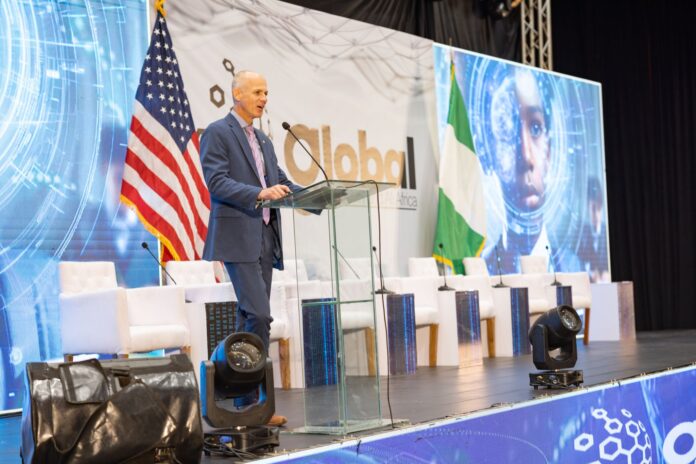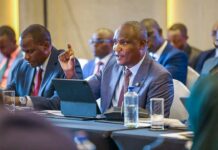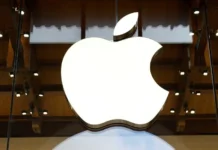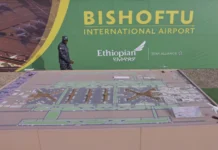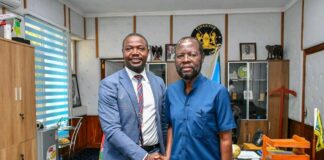The recently concluded two-day pan-African AI conference in Lagos, Nigeria, co-hosted by the United States, gathered hundreds of delegates including public officials, tech leaders, policymakers, and entrepreneurs.
The event aimed to foster discussions on the development and utilization of safe, secure, and trustworthy AI systems in Africa.
U.S. Deputy Secretary of State Kurt Campbell articulated the significance of this collaboration, stating,
“A global technology revolution is well underway. The race to develop and deploy new technologies, including artificial intelligence, is already shaping everything about our lives.”
He stressed the importance of partnerships between U.S. and African AI researchers and industry leaders to drive innovation and tackle shared challenges, emphasizing that AI could play a transformative role in addressing global health, food security, education, energy, and climate change.
Campbell highlighted Africa’s growing relevance in the global technology landscape and the need to develop human capital and strengthen research ecosystems to ensure AI benefits the continent.
He noted the African Union’s recently launched AI strategy as a crucial roadmap for harnessing AI’s potential to achieve developmental goals in key sectors such as education, health, agriculture, and governance.
During the conference, Nigeria’s Minister of Communication, Innovation and Digital Economy, Bosun Tijani, announced a $61,000 grant to support Nigeria’s promising AI startups.
He stressed the necessity for a collaborative and human-focused approach to digital transformation in order to fully leverage AI for collective benefits.
Despite currently representing only 2.5% of the global AI market, analysts project that Africa’s commitment to safe and innovative AI applications could boost its economy by $2.9 trillion by 2030, with Kenya, South Africa, and Nigeria positioned to lead the charge.
The conference marks a pivotal step toward establishing Africa as a formidable player in the global technology arena.









